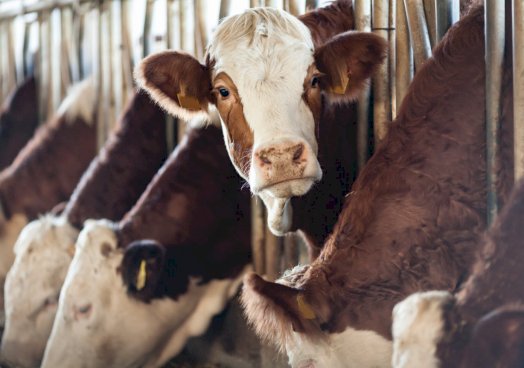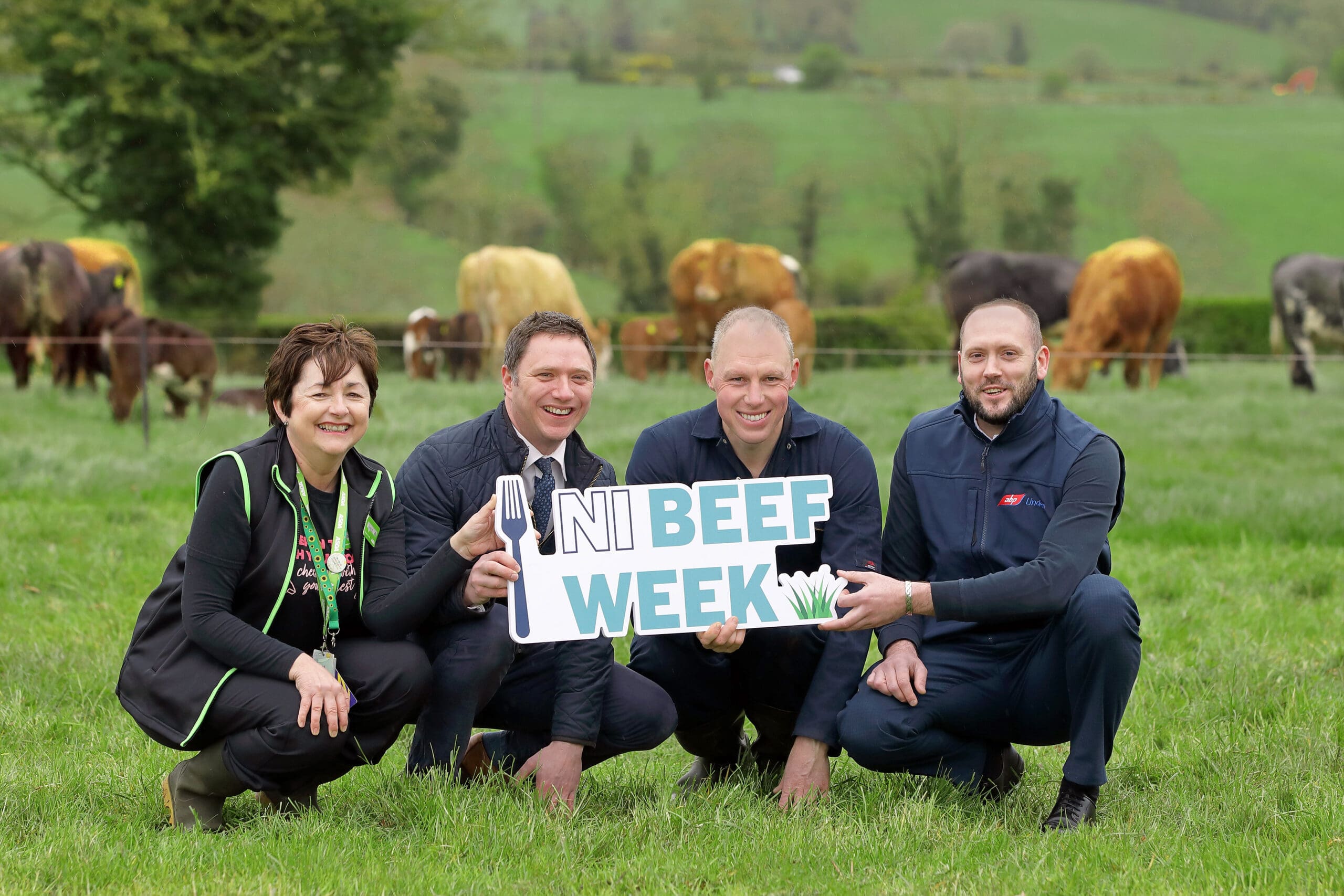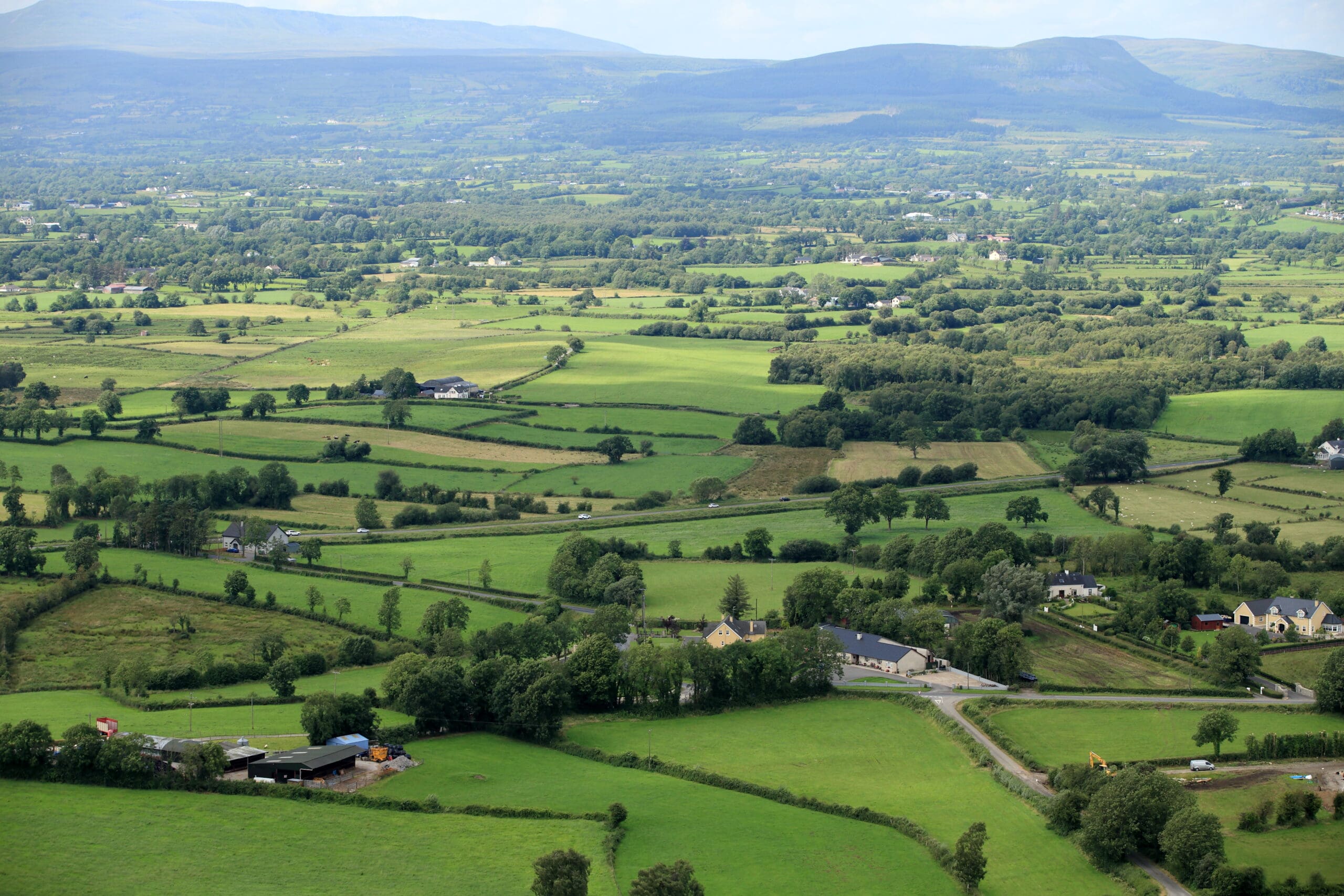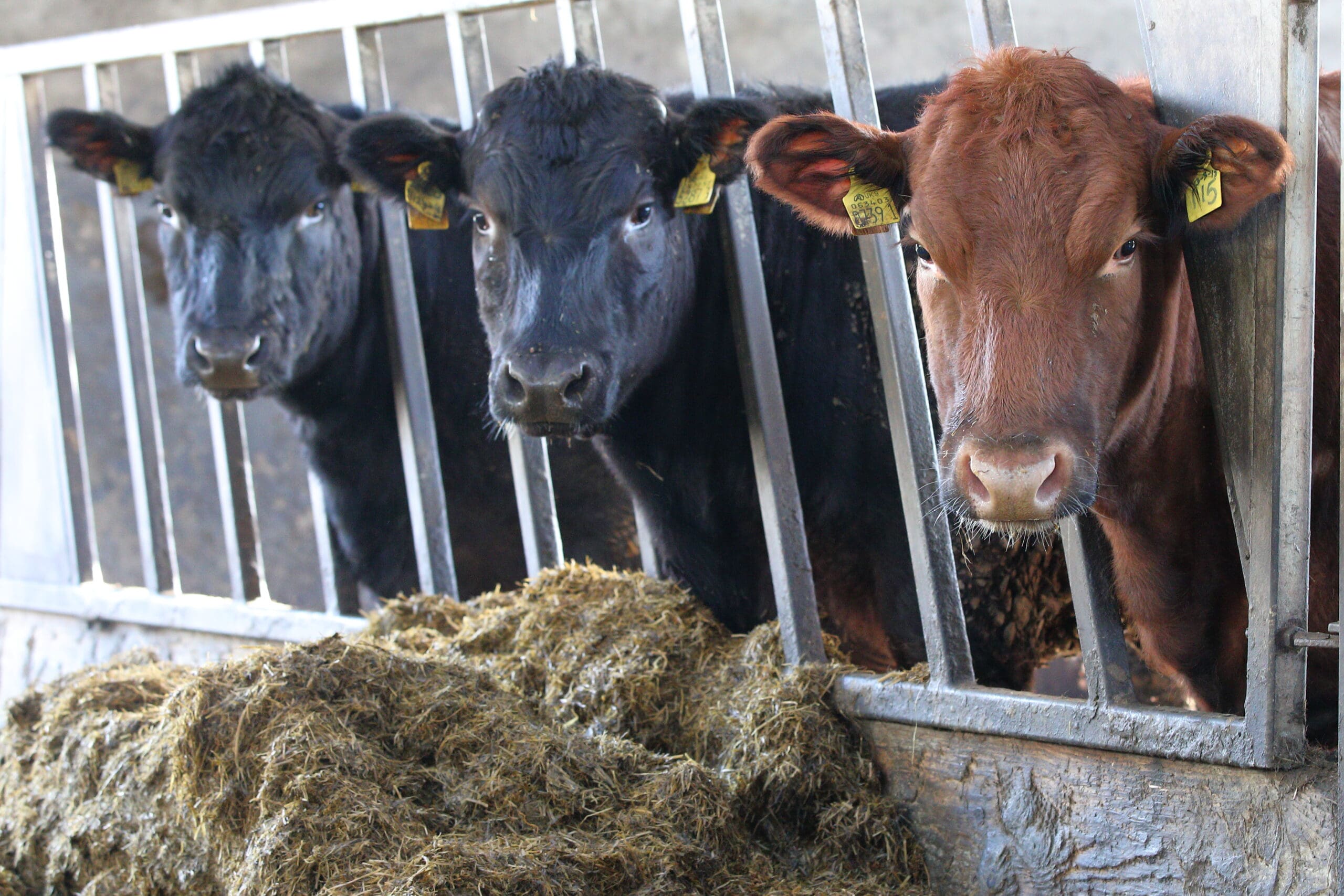
Commodity watch by senior policy officer Chris Osborne
Climate change is now firmly at the top of the policy agenda and Northern Ireland (NI) agriculture is expected to take much of the burden in terms of output reductions in the drive to meet net zero carbon emissions.
In the NI Assembly earlier in the week, alarming new climate change information was shared by the Agriculture Minister. In response to questions on climate change, the Minister outlined that independent experts on the Climate Change Committee (CCC) have stated that even with a 50 percent reduction in meat and dairy production and a significantly greater amount of tree planting in NI, it would not be enough to reach net zero in NI by 2050.
Policy ante has already been raised by the fact that there are proposals supported by a number of our local political parties, outlining that NI should legislate for net zero by 2045.
The UFU accepts that NI farmers must take action to reduce emissions, but we have reiterated on numerous occasions that as a key part of the climate change solution, our members are committed to doing all they can to address the issue. This encompasses the work being undertaken by our rural enterprise committee.
So, imagine our frustration when the Department for the Economy (DfE) failed to invite our organisation to participate in the working groups which were established to contribute to the design of the long-awaited Energy Strategy Consultation for NI. These working groups consisted of 68 representatives from 33 different organisations.
The DfE consultation sets out an overall goal to achieve net zero carbon-energy by 2050, as well as identifying transport and heat as key sectors and a key target of 70 percent renewable electricity by 2030.
Despite this snub, the UFU through our rural enterprise committee, have been proposing our own solutions to showing how farming can play a major role in the net zero ambition and this is the focus of this commodity watch.
Agriculture can play an active role in reducing carbon emissions and we have resources at hand to play a big part. Both in terms of existing renewable infrastructure and recognition of the on-going innovative solutions which the UFU are working on.
The UFU have been working together with a range of businesses and stakeholders under the umbrella of the Invest NI-supported REDC collaborative network. This group of complementary and novel technologies is working together to enhance what renewable energy can offer and develop new aspects to the original idea of renewable energy in NI. One of the technologies under consideration is Anaerobic Digestion (AD) and before readers point out that we have ‘been there are done that’, you should pause and consider the work being undertaken by the REDC.
The UFU position has long been the pursuit micro-scale solution, and the REDC is providing just that. If successful, this concept could open up access to AD technology to many farmers, but at a much smaller scale than what we are seeing presently. Organic power (OP), one of the key REDC stakeholders, have created a new flexible bespoke design for a containerised small-scale AD unit.
The REDC project is not just about AD, but is seeking to close the loop by producing a truly circular economy based on digestion of biodegradable waste and additional processes which can add further value.
Through a combination of AD, nutrient recovery and nitrogen capture, farmers can make their own energy and fertiliser, and cut ammonia emissions by over 50 percent. The technology enables local production of fertiliser using livestock slurry/digestate, air and electricity. The technology adds nitrogen from the air into the liquid and increases the nitrogen content. The reaction stops the loss of ammonia and reduces emissions, making it a more effective and sustainable fertiliser. In so doing this combination of know-how can actually decouple agriculture growth from environmental constraints.
It’s by adding value to the process that the evolution of small-scale renewables can play a role in the push for zero carbon emissions, specifically biogas in this case.
Diversified generation will be the key to meeting targets and whilst we see merits in ‘green hydrogen’, and we have touched on this previously, this week we will look at biomethane.
Industry have referenced the circular opportunity, and biomethane provides support to a number of different sectors. Biomethane provides further green credentials to the gas network by displacing levels of natural gas. 30 percent of natural gas could be displaced by biomethane and NI has a significant rural agriculture base which can support the growth of biogas.
This circular process also enables the recycling of nutrients and organic matter. In the context of the REDC, we have already referenced the role of digestate, displacing carbon-heavy artificial fertilisers. So, not only does this create circular systems in our cities, farms and businesses, but also helps to integrate our rural and urban economies, which to date have become disjointed.
All this makes DfE’s snub of the UFU even more astonishing, yet the land-based sector will continue to play a part in supporting small scale renewables, biogas and overarchingly we will be part of the climate change solution.




